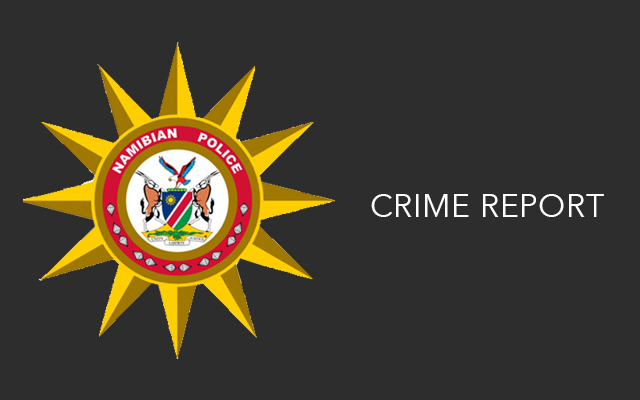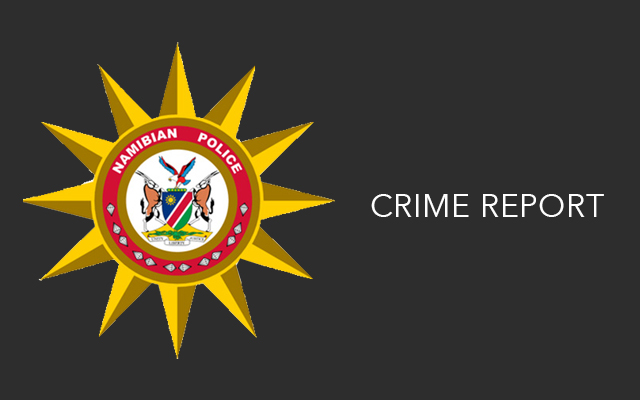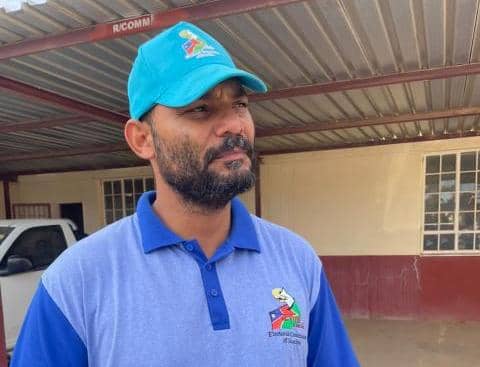GOVERNMENT has been urged to exempt Affirmative Action Loan Scheme farmers from paying land tax.
A report of the parliamentary standing committee on Economics, Natural Resources and Public Administration says that emerging farmers are already overburdened by conditions of the scheme including escalating interest rates and a down payment on the loan. Chairperson of the Committee Ponhele ya France yesterday presented the findings of investigations into the scheme at the request of the National Assembly.The scheme aids communal farmers to move into the commercial sector.Calling on Government to bring back a 60-year-old pre-Independence law which would control the price of farm land, Ya France said the willing-buyer, willing-seller principle was being abused by land owners.Referring to the law, repealed in 1988, which set the price of a farming unit, Ya France said that the majority of people who made submissions to the committee felt that Government had to be more stringent in controlling the price of land to prevent “land speculation”.”The willing-buyer, willing-seller principle is hijacked and misused deliberately to make land unaffordable.In fact it is rendering the efforts of the Government totally unworkable,” said ya France.Parliamentarians yesterday heard a number of recommendations put forward by the committee including that the grace period before farmers start repaying their loan to Agribank be extended.The committee has suggested that full-time farmers be given five years from the current three years, while part-time farmers be allowed three years.They are currently not granted a breather.Ya France said the rationale was to help farmers “re-orient” themselves as commercial farmers and to enable them to recover from the initial high set-up costs.The committee has viewed the introduction of a 10 per cent downpayment on the Agribank loan as “defeating the purpose” of the scheme.The committee has further proposed that the minimum livestock requirement should be based on farm size, type of intended farming activities and the agricultural potential of the land.The bank currently requires applicants to own a certain number of cattle or small stock before considering a loan application.Ya France said it was the committee’s contention that the scheme was “livestock farming biased” and did not cater for farmers who wanted to engage in large-scale agronomic projects.One of the major complaints of beneficiaries have been the interest rates imposed on the loans.The committee is in agreement that these are too high and is recommending that interest rates not exceed 10 per cent.Currently interest rates fluctuate between two and 14 per cent for the first 10 years for full-time farmers, while part-time farmers are charged at a rate of 12 per cent for the first three years and this increases to 14 per cent after four years.Ya France justified this proposal by saying that Agribank was a publicly owned institution and should have a social and moral responsibility to its clients.The report has now been put forward for debate by the House.Chairperson of the Committee Ponhele ya France yesterday presented the findings of investigations into the scheme at the request of the National Assembly.The scheme aids communal farmers to move into the commercial sector.Calling on Government to bring back a 60-year-old pre-Independence law which would control the price of farm land, Ya France said the willing-buyer, willing-seller principle was being abused by land owners.Referring to the law, repealed in 1988, which set the price of a farming unit, Ya France said that the majority of people who made submissions to the committee felt that Government had to be more stringent in controlling the price of land to prevent “land speculation”.”The willing-buyer, willing-seller principle is hijacked and misused deliberately to make land unaffordable.In fact it is rendering the efforts of the Government totally unworkable,” said ya France.Parliamentarians yesterday heard a number of recommendations put forward by the committee including that the grace period before farmers start repaying their loan to Agribank be extended.The committee has suggested that full-time farmers be given five years from the current three years, while part-time farmers be allowed three years.They are currently not granted a breather.Ya France said the rationale was to help farmers “re-orient” themselves as commercial farmers and to enable them to recover from the initial high set-up costs.The committee has viewed the introduction of a 10 per cent downpayment on the Agribank loan as “defeating the purpose” of the scheme.The committee has further proposed that the minimum livestock requirement should be based on farm size, type of intended farming activities and the agricultural potential of the land.The bank currently requires applicants to own a certain number of cattle or small stock before considering a loan application.Ya France said it was the committee’s contention that the scheme was “livestock farming biased” and did not cater for farmers who wanted to engage in large-scale agronomic projects.One of the major complaints of beneficiaries have been the interest rates imposed on the loans.The committee is in agreement that these are too high and is recommending that interest rates not exceed 10 per cent.Currently interest rates fluctuate between two and 14 per cent for the first 10 years for full-time farmers, while part-time farmers are charged at a rate of 12 per cent for the first three years and this increases to 14 per cent after four years.Ya France justified this proposal by saying that Agribank was a publicly owned institution and should have a social and moral responsibility to its clients.The report has now been put forward for debate by the House.
Stay informed with The Namibian – your source for credible journalism. Get in-depth reporting and opinions for
only N$85 a month. Invest in journalism, invest in democracy –
Subscribe Now!










